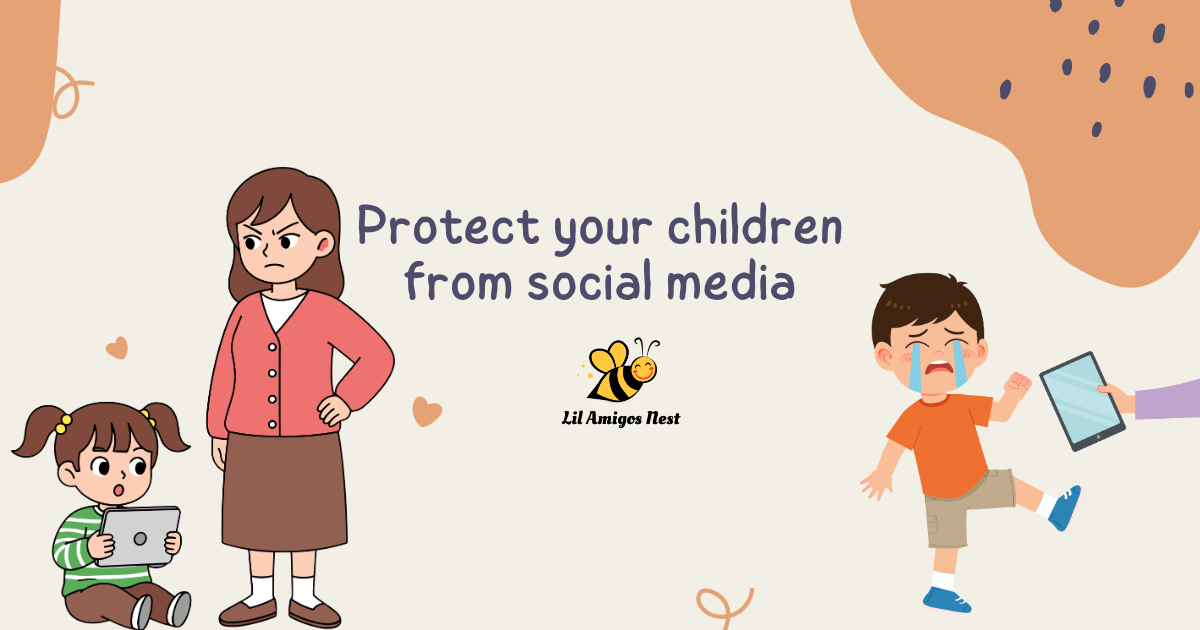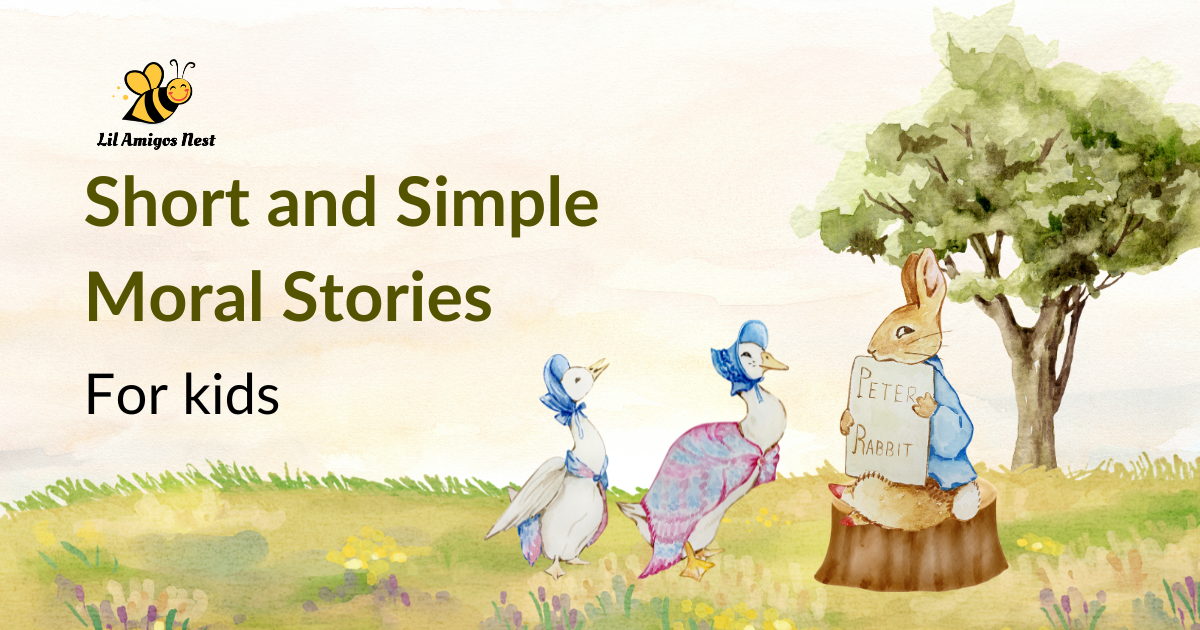Independence in Children
Independence in Children

By Nitika Seth
Parents primary goal is to see their children being independent. Children who face new challenges, explore new things are the ones who final turn out to be most competent and successful.
Independence is a character that can be inculcated —by us/ parents!
Here are some four common scenarios that require how parents can resolve/ help children in the situation, so that they become independent and confident.
In each, the motive is to be have an optimistic view and help your child learn how to think about the situations (and resolutions) on their own.
1. Scenario 1: Your toddler child needs to get ready. Earlier this was always done by us
In still Independence: Growing child has lot of self-learning and developing abilities. We can ask them before any giving any chore, how much they know and how eager are they to learn new things. Use this to motivate them to do those things.
The goal is to develop optimism, confidence and learnability – And demonstrate to the child that they can do it!
Prompting to think words:
“We are going to playground to play. What will you wear when we have to go to play?” “You have put your sports-wear. Where are your socks and shoes?
2. Scenario 2: The toys are scattered in the playroom floor even after telling multiple times that they need to be cleaned up after play

Develop responsibility: Have patience and restrict giving order to clean up. Goal is to understand child’s thinking and help them remember previous instructions.
Motivating words:
“We had talked about this before, where should the toys go after playing?” “What will you do if a robber comes and takes those toys away?”
3. Scenario 3: Child is giving a tough time while eating food (lunch/ dinner).
Develop independence: Instead of threatening and forcing them to eat,
Goal is to make them think about the outcome of their choices and then asking them to make the decision. Its ok even if they do not want to eat after that.
This develops analytical and problem-solving abilities in the child.
Motivating words:
“Hmm… You know this, If you don’t eat ... you will feel hungry after sometime and then, your stomach will growl and you will get stomach ache. Do you still don’t want to eat now?”






















Please complete your information below to login.
Sign In
Create New Account